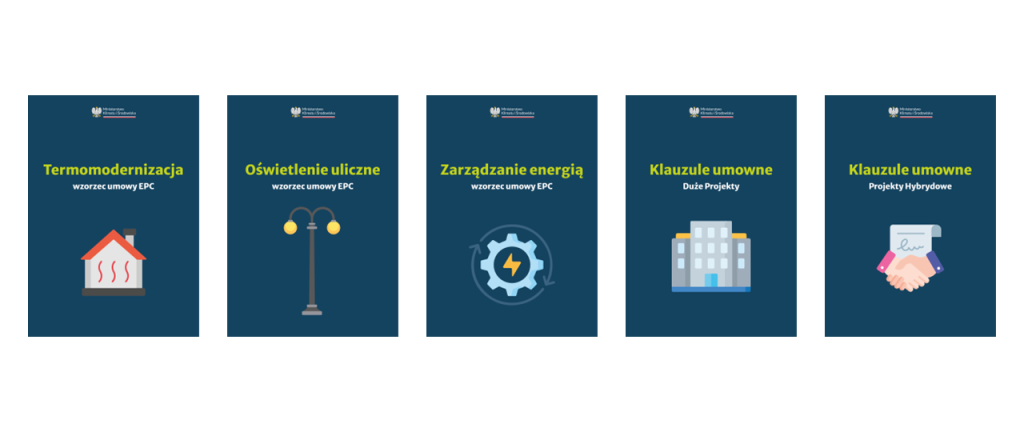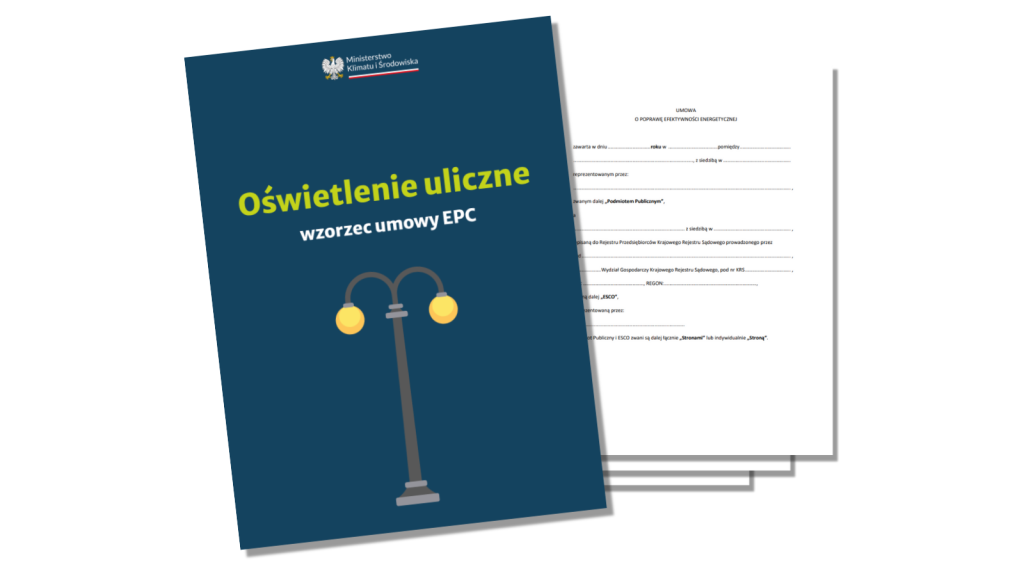Poland issues national guidelines for EPC contracts: a step towards enhanced energy efficiency
This move is a part of Poland’s strategic energy policy, aiming for a more sustainable and efficient energy use across the country, and reinforcing the nation’s commitment to energy efficiency and climate goals.

Illustration :
In June 2023, Poland’s Ministry of Climate and Environment issued a set of guidelines for Energy Performance Contracting (EPC). The new EPC guidelines offer a structured approach to improving energy efficiency, particularly in public sector projects. This move is a part of Poland’s strategic energy policy, aiming for a more sustainable and efficient energy use across the country, and reinforcing the nation’s commitment to energy efficiency and climate goals.
Central to these guidelines is the role of Energy Service Companies (ESCOs), providers of services related to energy consumption. The innovative ESCO financing model allows modernisation projects to be undertaken without the need to engage own financial resources. The investment costs, in part or in full, can be repaid from the achieved and guaranteed (under the EPC contract) energy savings, through the visible difference in energy bills.

The Polish guidelines for EPC contracts are assigned to public sector entities, encompassing a range of energy efficiency projects. They represent a practical and comprehensive tool consisting of:
- a comprehensive guide to carrying out EPC projects at all stages of their implementation;
- ready-to-sign templates of EPC contracts for three types of projects related to improving energy efficiency:
- thermal modernisation projects;
- modernisation of street lighting;
- energy management in the ESCO/EPC model;
- contractual clauses for hybrid projects and projects worth over PLN 25 million net.
These guidelines not only support the national goal of a sustainable energy future but also set a precedent for effective public-private partnerships in the energy sector.

The new templates and guidelines related to the modernisation of public lighting will be taken into account during the preparation of the Smart EPC pilot projects in Krakow and Warsaw. The guidelines will cover the entire project lifecycle, from its preparation through the selection of the contractor to the contract closure. This serves as an example of a ready-to-use solution, especially for smaller entities that do not have sufficient internal resources for adequate investment preparation.
The guidelines do not explicitly cover the possibility of incorporating, beyond the lighting fixture exchange-related investment, additional services such as smart technologies. In this regard, the solutions tested within the Smart EPC project will constitute an important complement to these developments.
Read more on the website of the Polish Ministry of Climate and Environment here.
Written by Przemysław Gorgol, IPOPEMA Financial Advisory





